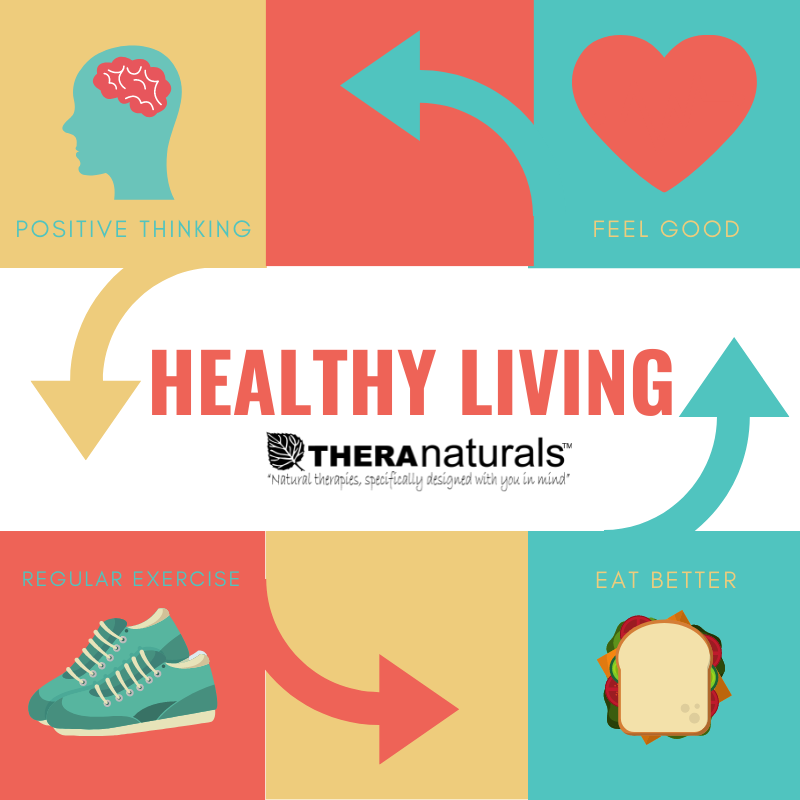
Loving yourself, staying healthy, being yourself!
The winter months are typically cold and most people spend a significant amount of time indoors – not just at home, but also participating in recreational activities and socializing. It is also the time of year when viruses like RSV, Flu, and for the past couple of years now, Covid19 can spread quickly between persons. It’s important to make your personal health a top priority. We have some tips that may help you and your family stay as healthy as possible while at work, school, spending time with family and friends, or just out running errands.
- Exercise – Staying physically active in the winter may be easy for outdoor lovers, but for others who really don’t like being outside in cold or freezing temperatures, it may take some extra effort and creativity. Exercising in the winter is important because it can boost our immunity and according to the Centers for Disease Control and Prevention, even just a few minutes a day can help to prevent viral and bacterial infections. Being active also helps lower blood pressure and increases your HDL (the good) cholesterol.
Wearing the proper layering for outdoor workouts, including hats and gloves, can make exercising outdoors more comfortable. If you like to exercise indoors but don’t want to venture out to the gyms with a lot of people, there are many free and paid applications you can download to your phone, iPad, or computer to complete a full workout inside. Some require equipment and others just body weight.
- A Healthy Diet – The food that we consume can affect many aspects of our well being. Consuming a well-balanced diet provides us with the energy we need to accomplish everything on our to-do lists. Food can also provide our bodies with the nutrients needed to fight off illnesses and potentially more serious diseases. Eating the recommended servings of fruits, vegetables, grains, dairy, protein, and oils in a day or week can help us stay physically and mentally healthy in months when illness is prevalent. Drinking enough water each day so you are not left feeling thirsty at the end of the day has many health benefits too. Some of these include preventing dehydration, and keeping our body temperature regulated. To check out the Dietary Guidelines for Americans, click here.
- Vitamins and Supplements – Taking different vitamins and supplements can help us stay healthy and aid in fighting off illnesses in the winter months. The following are just a few worth considering and what they do for our bodies:
- Vitamin C is great for boosting our body’s immunity and helps to prevent the flu and common cold.
- Iron helps maintain our energy levels in the colder months. It can be tempting to stay cozy and warm in our beds or homes for a few months, so having energy to accomplish our tasks is very helpful.
- Vitamin D is what our bodies need to build and maintain strong and healthy bones. Our bodies are only able to absorb calcium with enough Vitamin D present. Taking Vitamin D supplements is one way to ensure you’re getting what your body needs in the winter months, but the recommended amount for different ages varies. It’s important to discuss what you may need with a healthcare professional.
- Reduced L-Glutathione Plus – Glutathione is an essential tripeptide required for life. It is the body’s master antioxidant and arguably the most potent barrier against diseases, toxins, and mutations. It is made primarily in your liver and found in virtually every human cell.
Theranaturals Reduced L-Glutathione Plus™ is engineered for enhanced absorption and potency with ultra purity USP grade glutathione and sodium bicarbonate.
- Sleep – Getting enough sleep helps our bodies recharge and allows the brain to function properly. Just like a proper diet gives our bodies energy, sleep does the same. The amount of sleep you need at night changes a lot in your first eighteen years, but once you reach adulthood the amount stays fairly consistent. It is also important to remember that every individual is different and therefore some people may need more or less sleep to function at a level they would like. For example, according to the National Heart, Lung, and Blood Institute, children ages 6-12 need an average of 9-12 hours a night, where adults 18+ need only 7-8 hours.
Making your personal health a priority is always important, especially during the winter when our immune systems can be more vulnerable. We hope some of the tips shared above are helpful to you!
